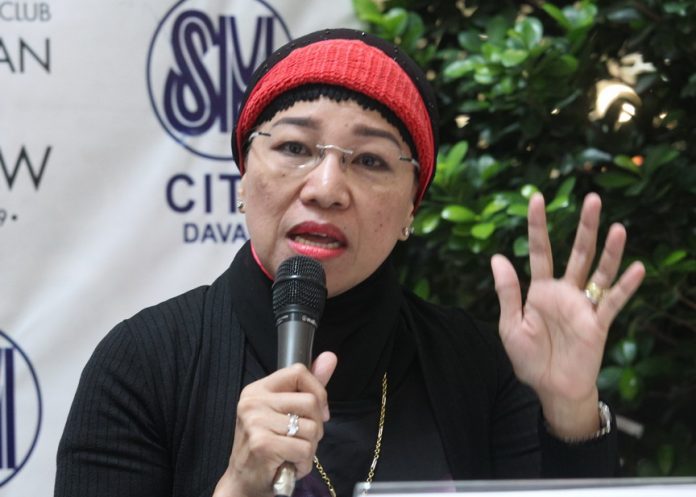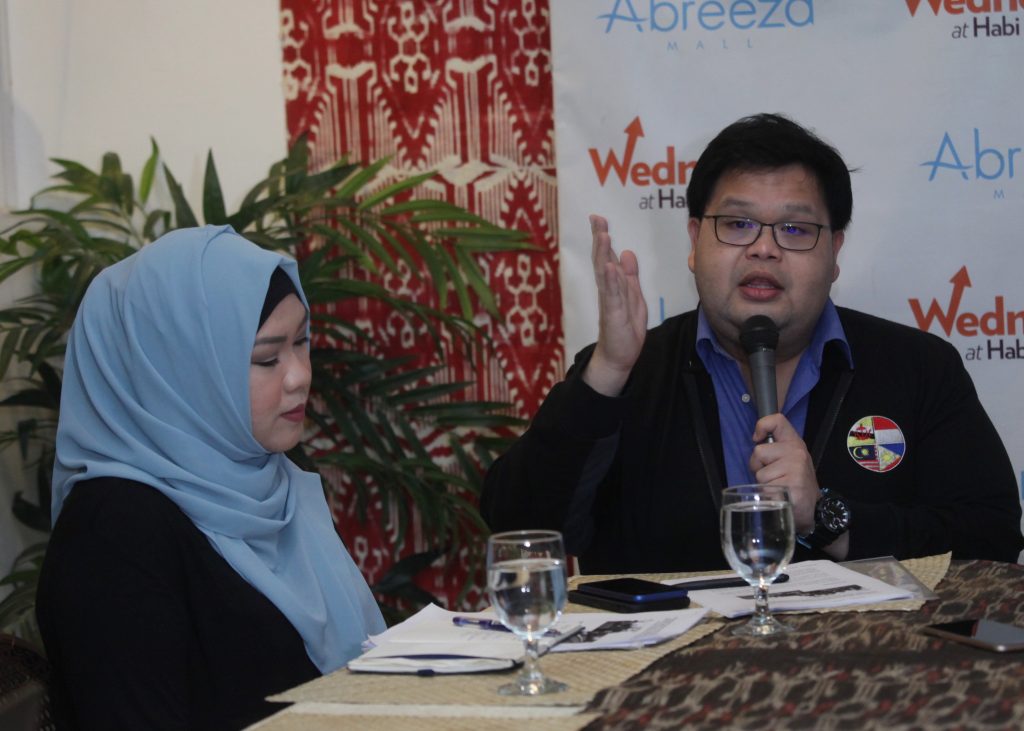In most tourist destinations in the world, among the come-ons are their culinary industry.
In Asia, even non-Islamic countries like Thailand and Singapore have ventured into strengthening their Halal cuisine because of the sizable Muslim visitors who usually visit their respective destinations.

The city, being the top destination in Mindanao, also wants to attract these Muslim travellers.
It helps that it is in the country which is part of the sub-region with a huge Muslim population, the Brunei-Indonesia-Malaysia-Philippines-East Asean Growth Area (BIMP-EAGA).
Although the sub-region is set to turn 25 this month, the city has not been able to take advantage of its location in attracting Muslim visitors partly because its tourism industry has not embraced the Halal paradigm.
For the uninitiated, Halal does not only pertain to food, but to the rest of the Muslims’ way of life. For example, since Muslims are required to clean themselves with water when they relieve themselves, comfort rooms are required to have bidets.
Understanding
The big challenge facing the tourism industry in terms of Halal deficiency is that businesses do not understand that this does not only mean absence of pork in their food menu.
“We need to educate them (businesses) so that they will be able to appreciate and eventually invest (in making their businesses Halal-compliant,” said Regina Rosa Tecson, city tourism operations officer.
Although there has been a movement towards educating the businesses in this aspect, the steps have been wanting.
There is a need to exert more efforts and involve the entire industry in pushing for Halal, said Marilou W. Ampuan, one of the few businesspeople who have been actively campaigning for Halal accreditation of businesses.
For a business to get certified, it must be able to seek an accreditation from a recognized entity and comply with the requirements, said Ampuan, also a member of several business groups including the Davao City Chamber of Commerce and Industry.

“We have local laws; what we need now is enhance our information campaign for the implementation of these laws,” she added as she pointed out that to fast-track the campaign, the national government, through the Department of Trade and Industry, must immediately come up with policies in promoting Halal.
The locals first
But
for restaurateur Wady Vapor, the problem is that even the locals have not
appreciated the coming out of Halal-accredited businesses. For example, Vapor
said, of those who go to his restaurant to dine, only 20% of them are Muslims.
“Many
of them eat at their homes even when they can afford to go and eat at
Halal-accredited restaurants because they were not informed that there are
restaurants that they can trust,” Vapor lamented.
Said
Ampuan: “It is all the more that we need to educate them because with them
knowing about this, they will eventually become our main marketers to our
tourists.”
In
marketing parlance, word-of-mouth is the best marketing tool.






